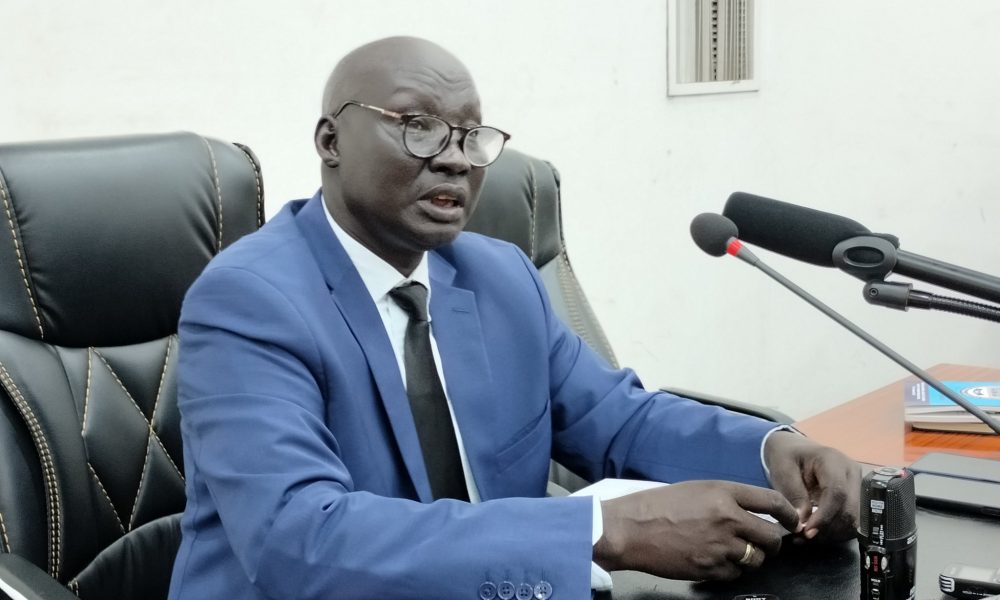By Bida Elly David
Lawmakers have raised alarm over a petty fiscal budget normally allocated for the health sector while the country grapples with poor health service delivery.
This concern arose during deliberation and enactment of the South Sudan Public Health Institute Bill 2023 in its fourth and final reading stage.
In their argument, legislators underlined that the annual health budget cannot serve the comprehensive purpose of rescuing the country from the medical uncertainties that face its citizens.
John Agany Deng, the chairperson of the information committee at the parliament, explained to the media that the executive had previously allotted the health sector only 2% of the country’s annual fiscal budget.
Agany argued that the budget was too low to cover remunerations and incentives for medical staff at the national ministry of health, noting that the budget contributes to lack of provision of medical services.
He said that low salaries for doctors may risk the health conditions of patients since they tend to resist performing services according to expectations.
“The first mistake was made when the act was instituted on those days. With other priorities, they said that health had to be given 2%. For me, I will say this is an underestimation,” he said.
Agany, who is the spokesperson of the assembly, slammed the executive for the allocation of the little budget, saying that they shouldn’t assume that all citizens have good health services.
“You cannot assume that everybody has the same health standards. No, so the more you put money into the health programs, the more you will improve the health situation of the people,” Agany underscored.
He said that the 2% percent budget after the necessary amendment was increased to 3%, which was still unhelpful to the entire country.
Agany presumed that out of the SSP50 million budget for the health sector, the ministry is only given SSP3 million in cash for the implementation of their health programs countrywide.
“The whole 3% has not yet been paid to the ministry of health. I am just giving an example since I don’t know how much was given to them last time,” he said.
Hon. Agany stressed that the Ministry of Health always receives the least of all the ministries.
In 2021, health workers in Juba and Upper Nile laid down tools, demanding government settles their salary arrears, particularly COVID-19 incentives.
According to reports, most medical facilities always ran out of medications, but the government failed to provide them upon demand.
The lawmakers have set out to advocate a rise in the health budget to fit all purposes of delivering good services to the citizens.




